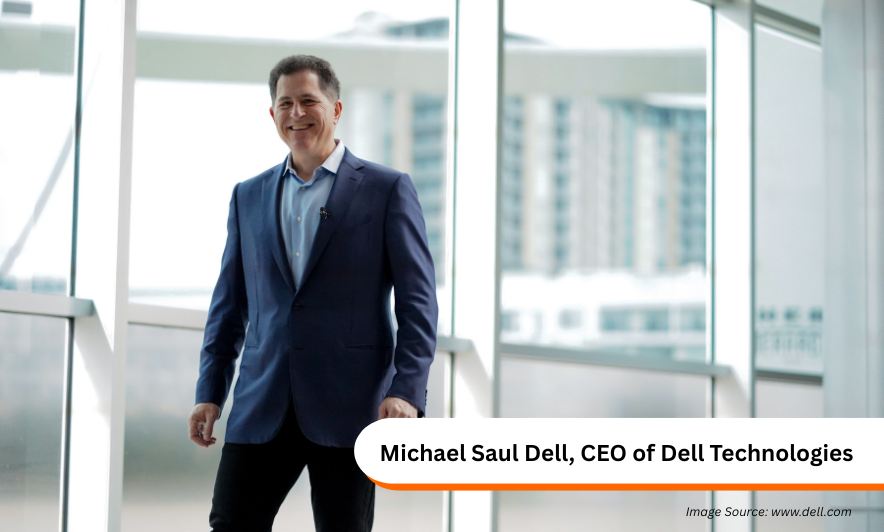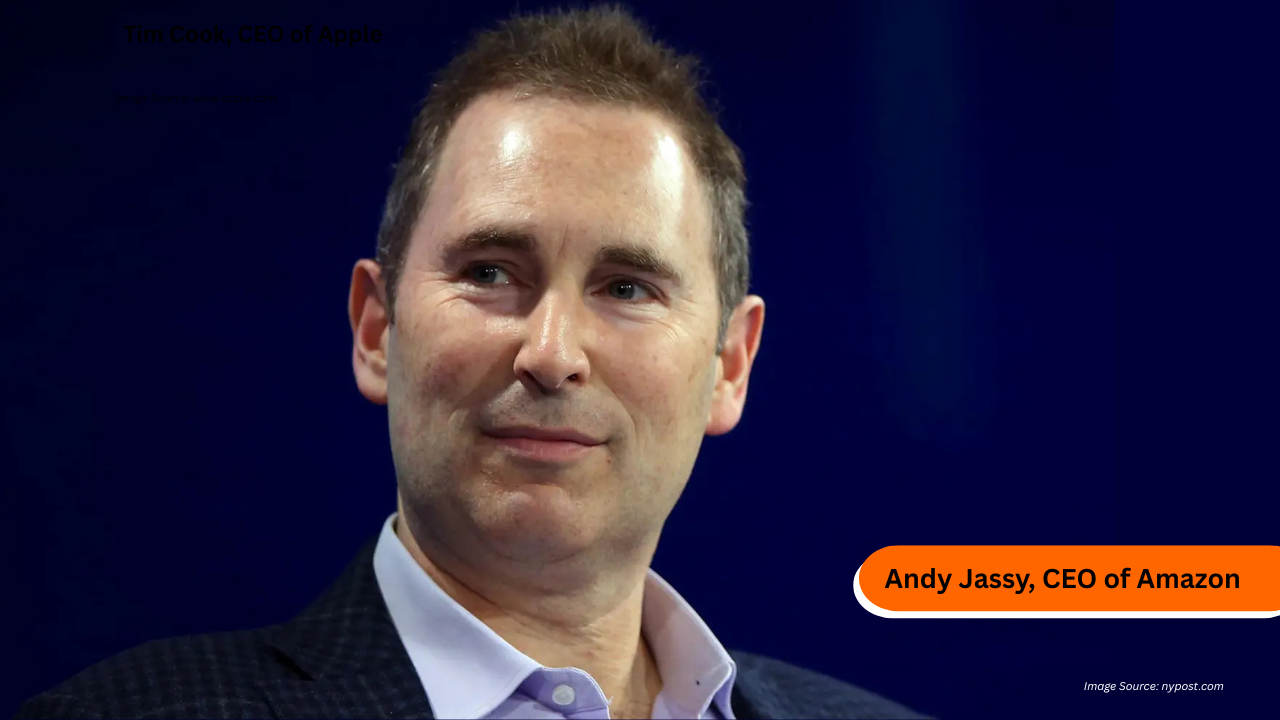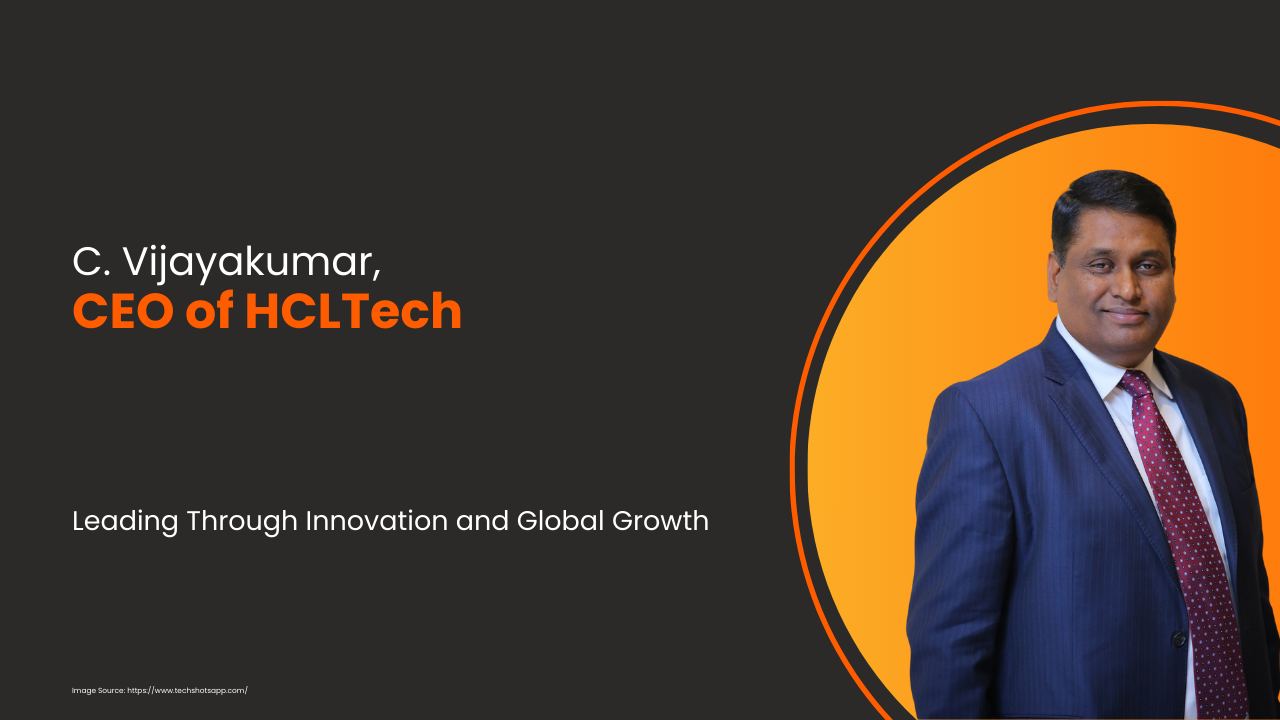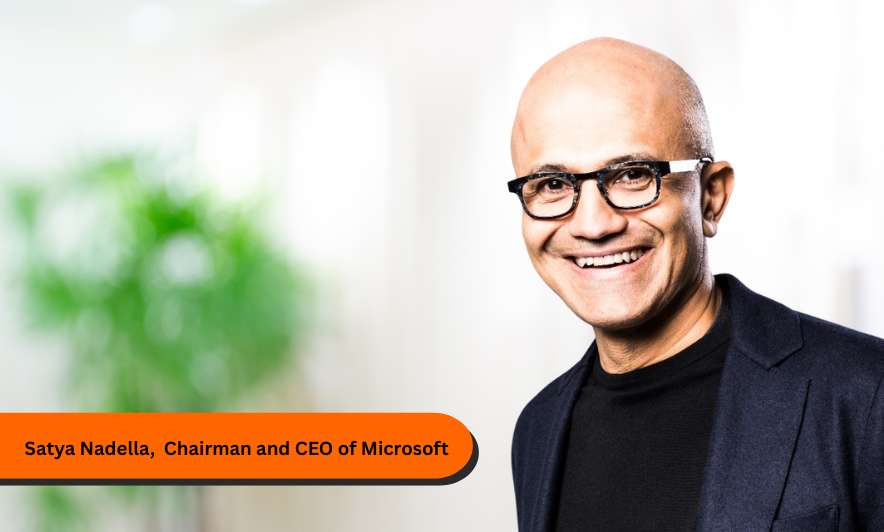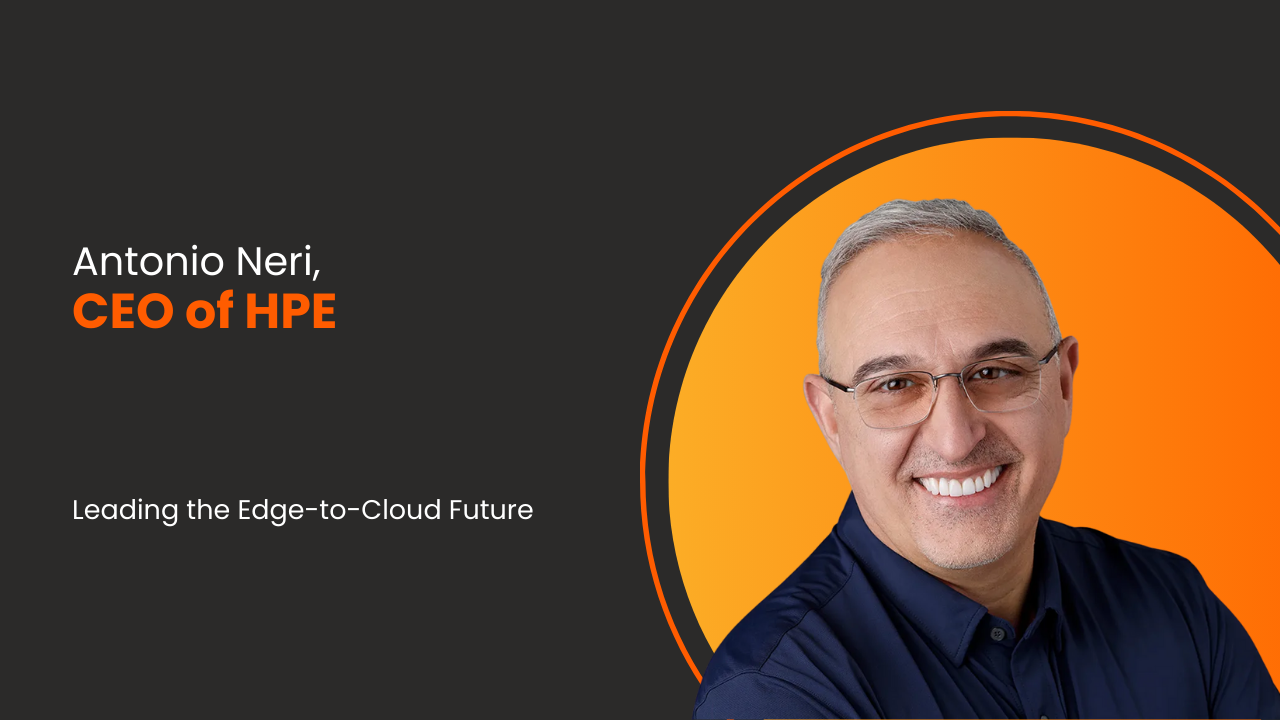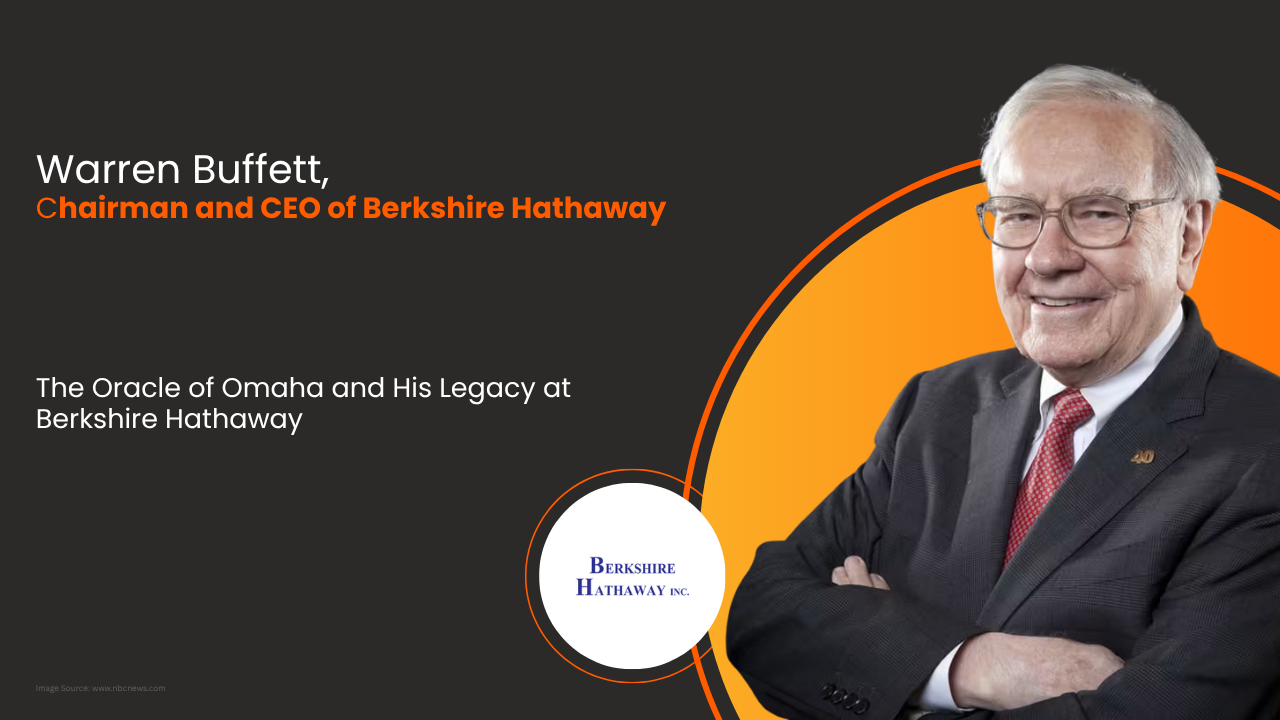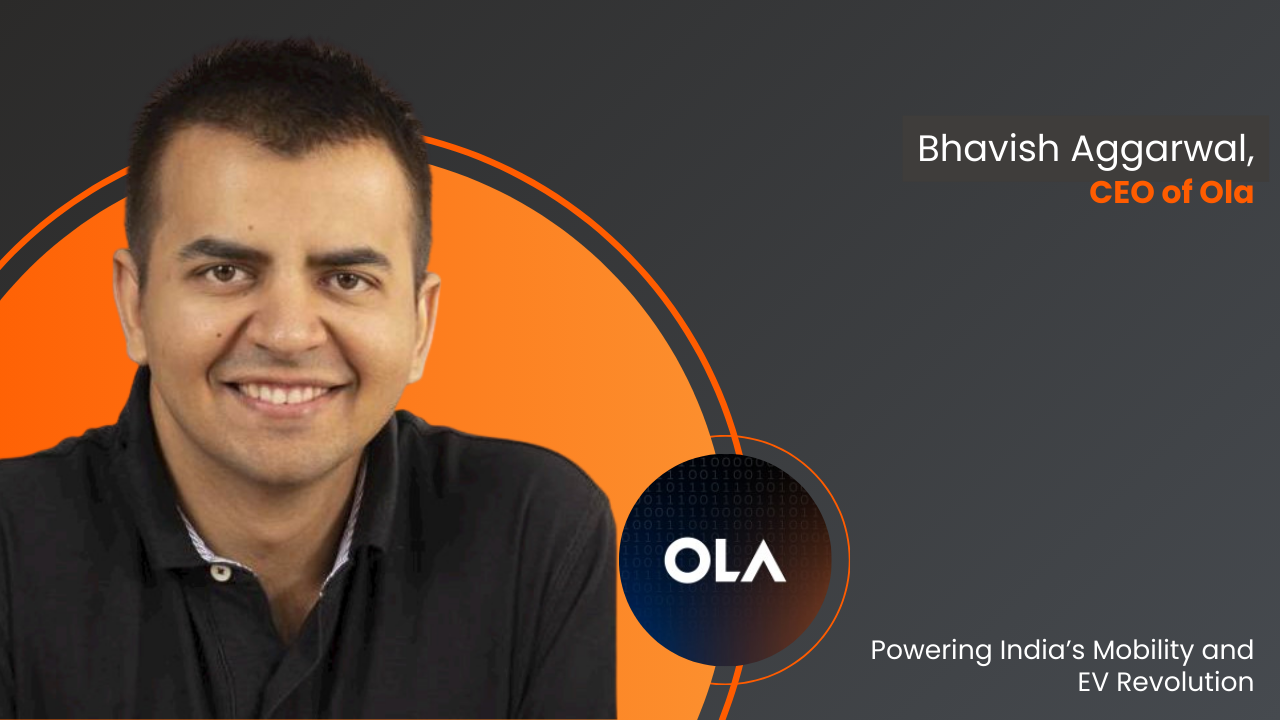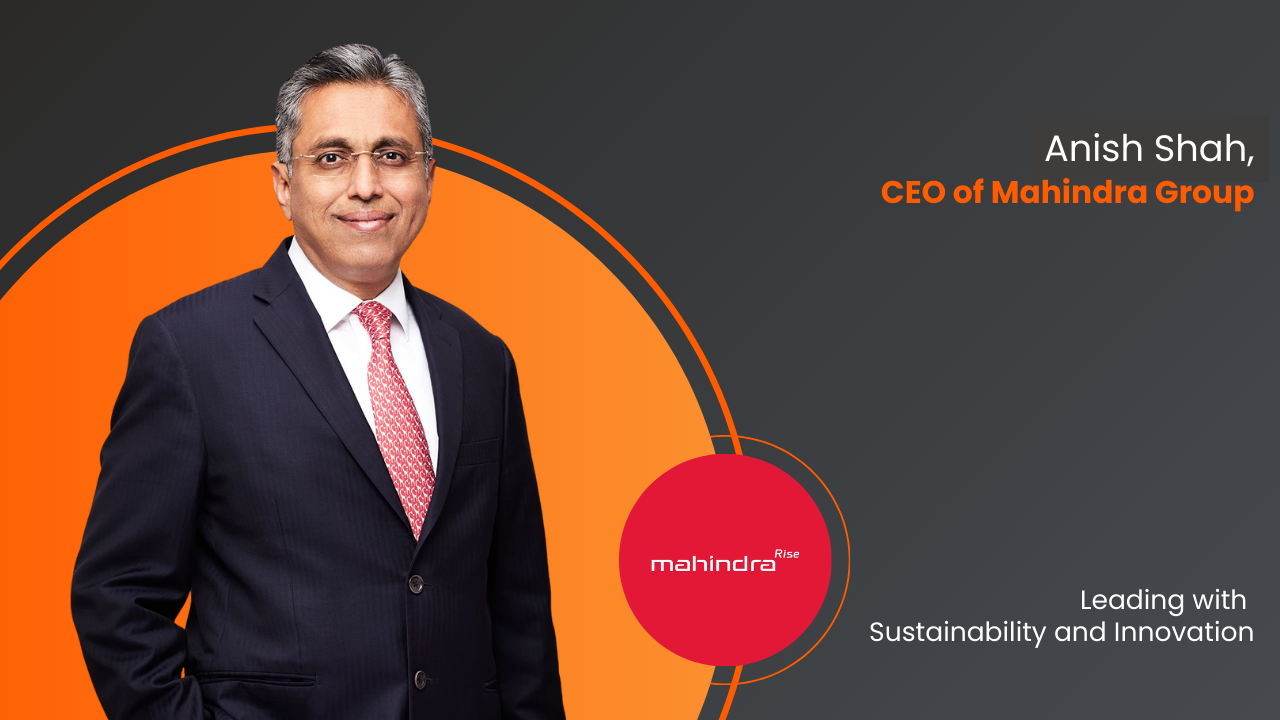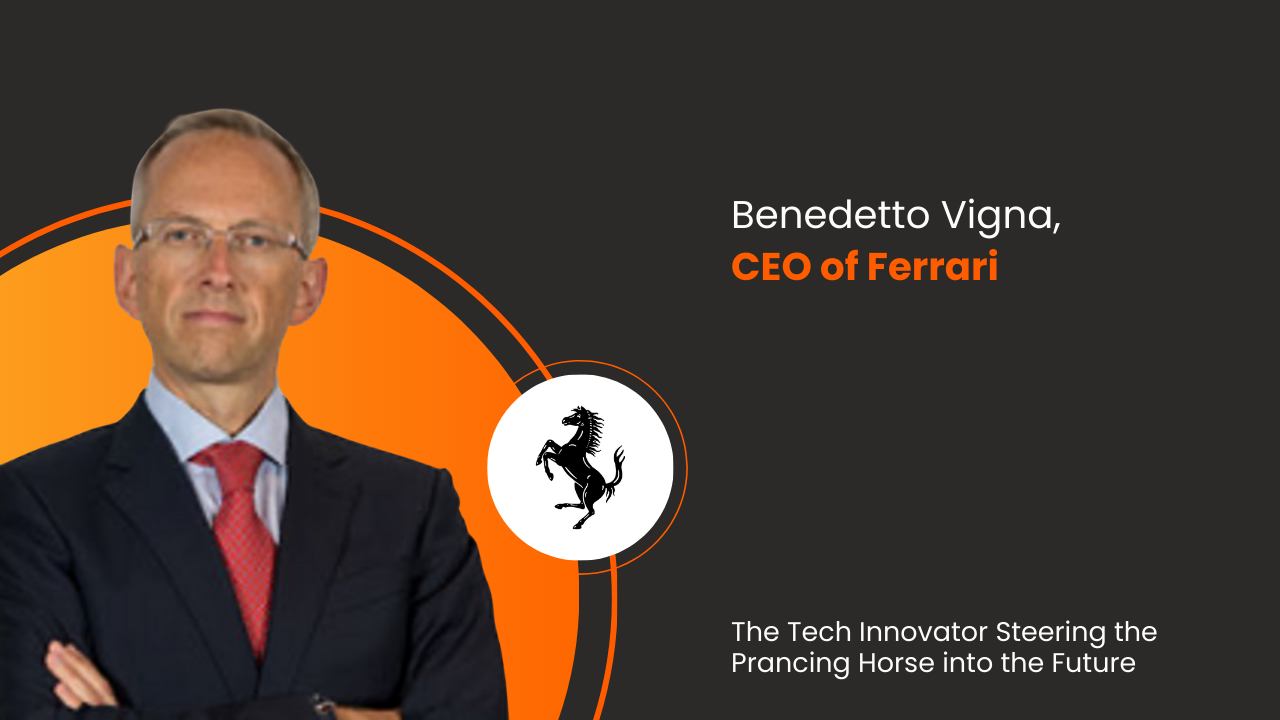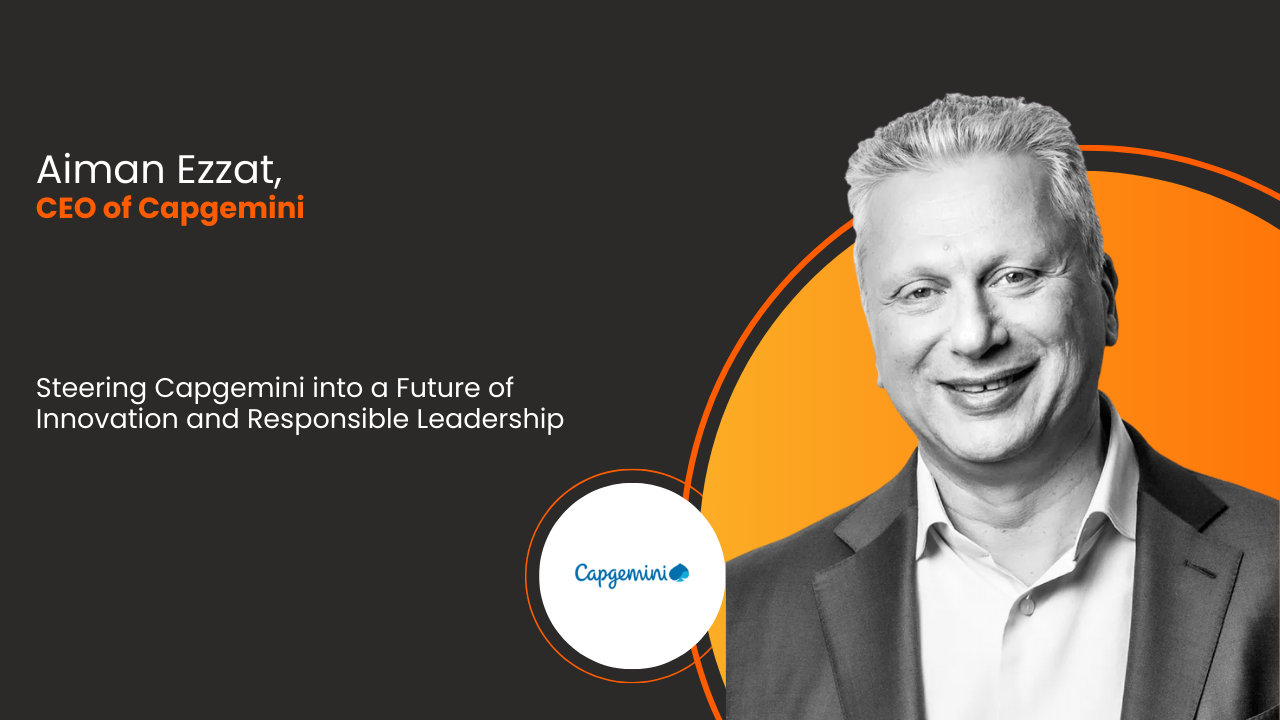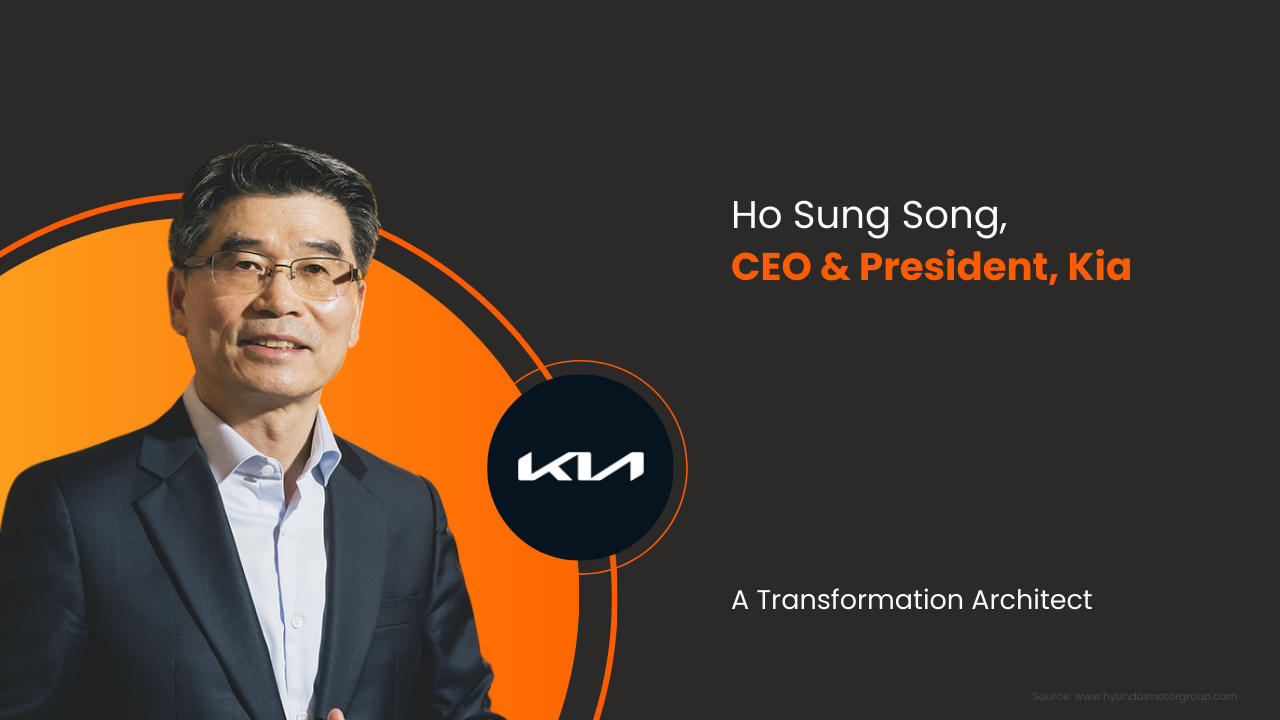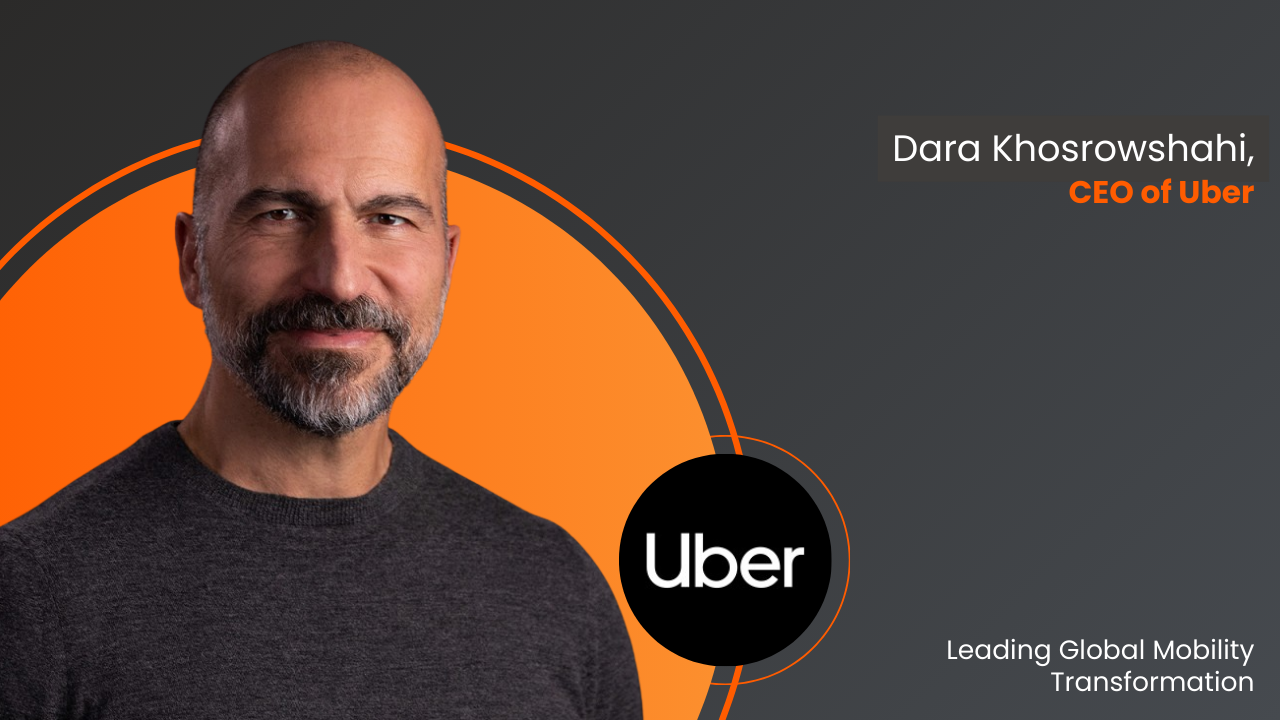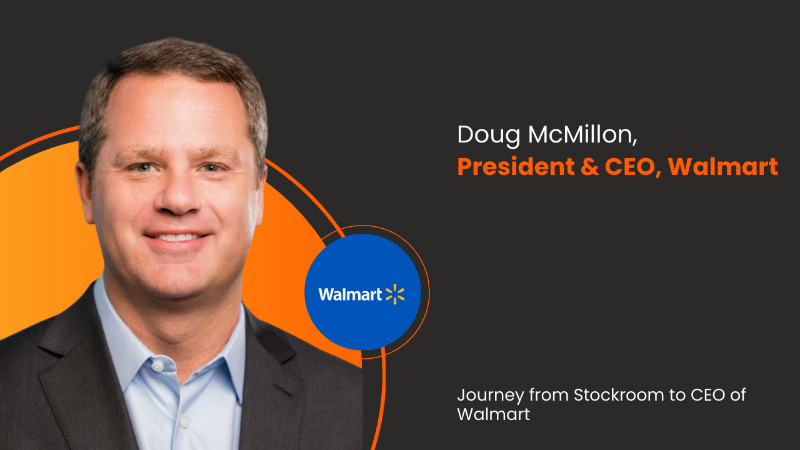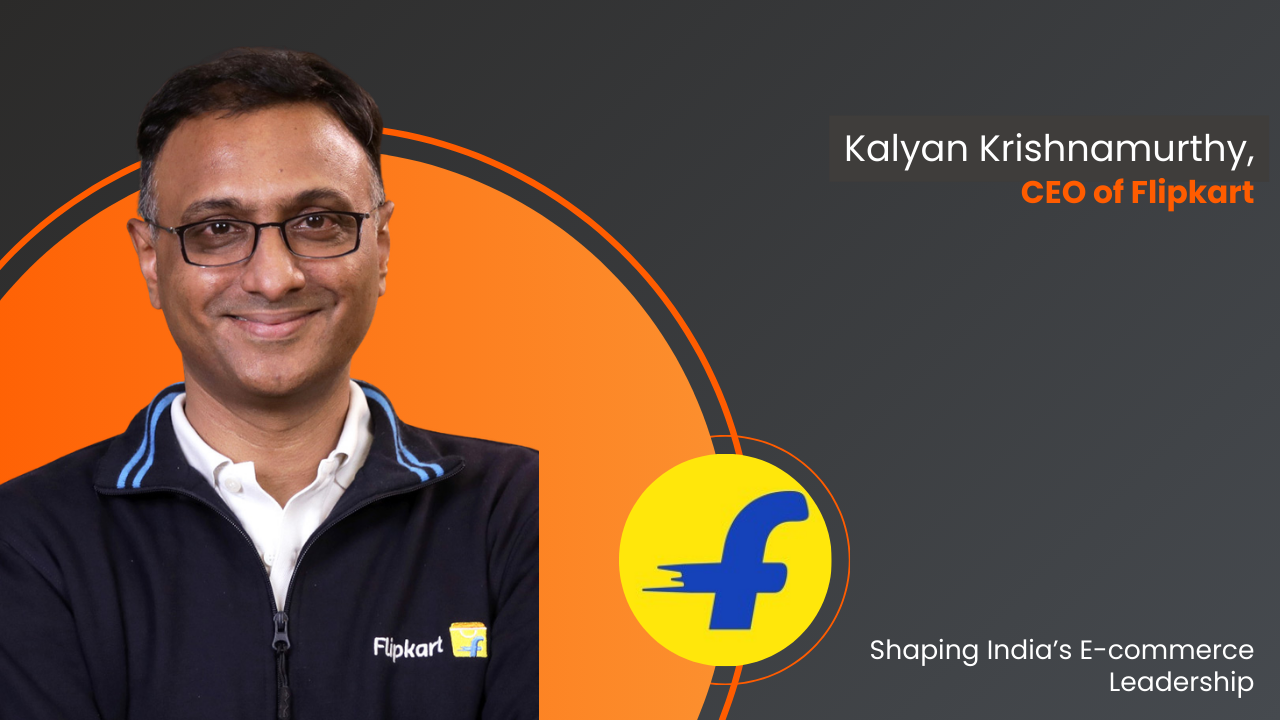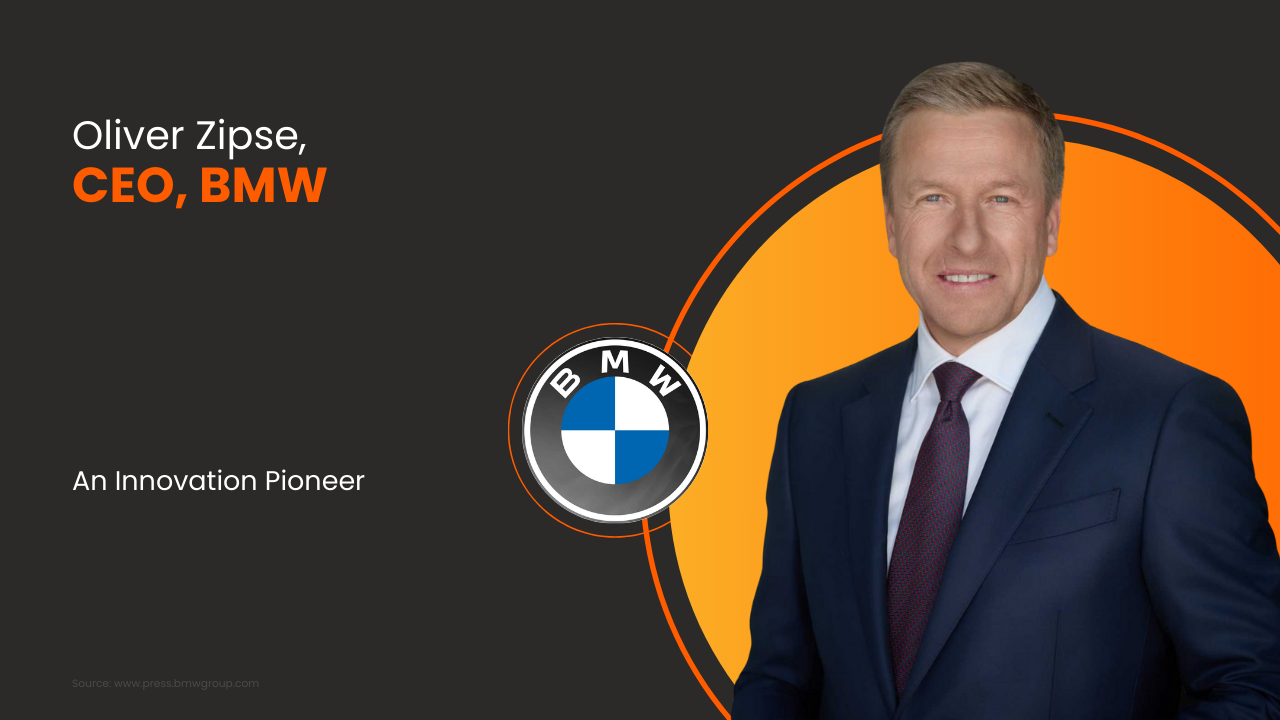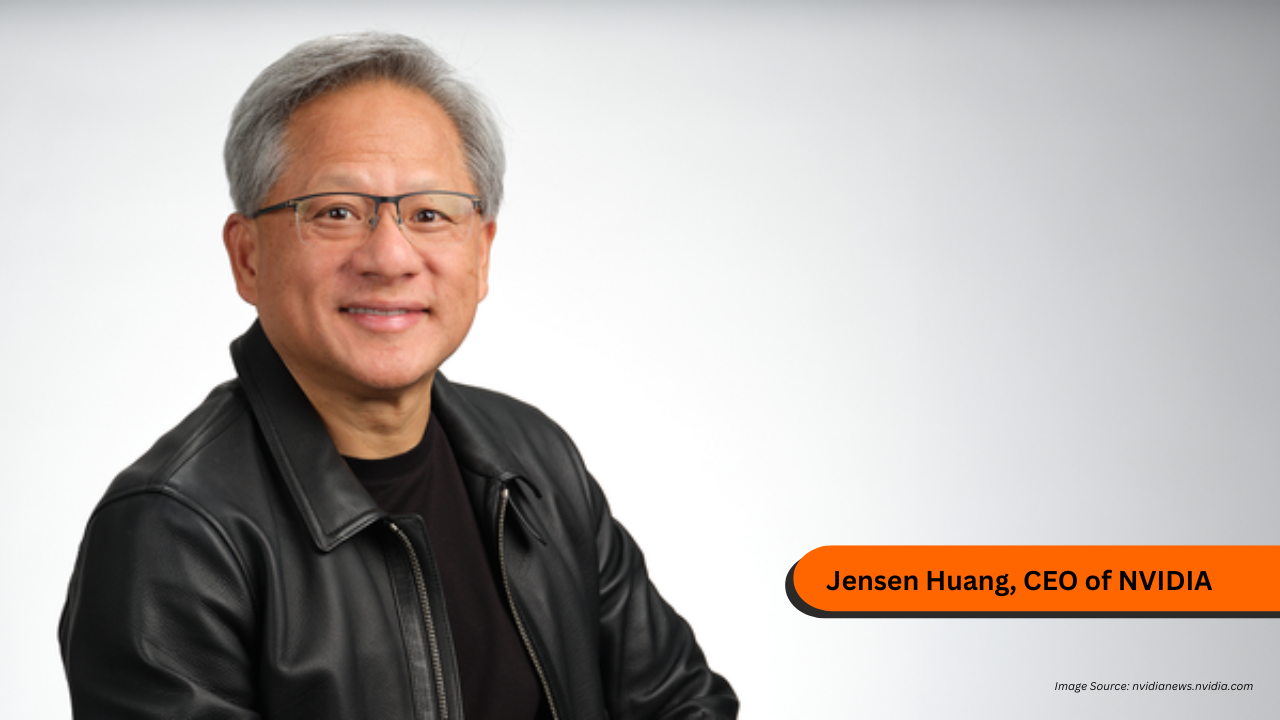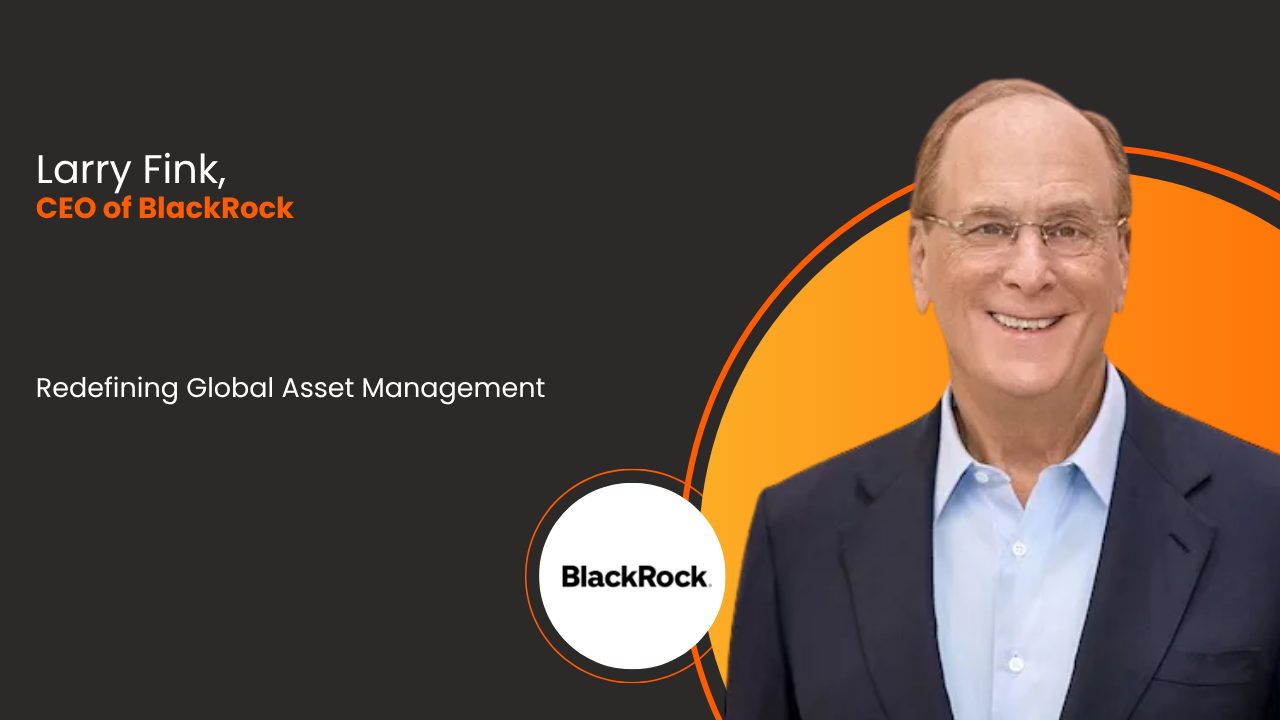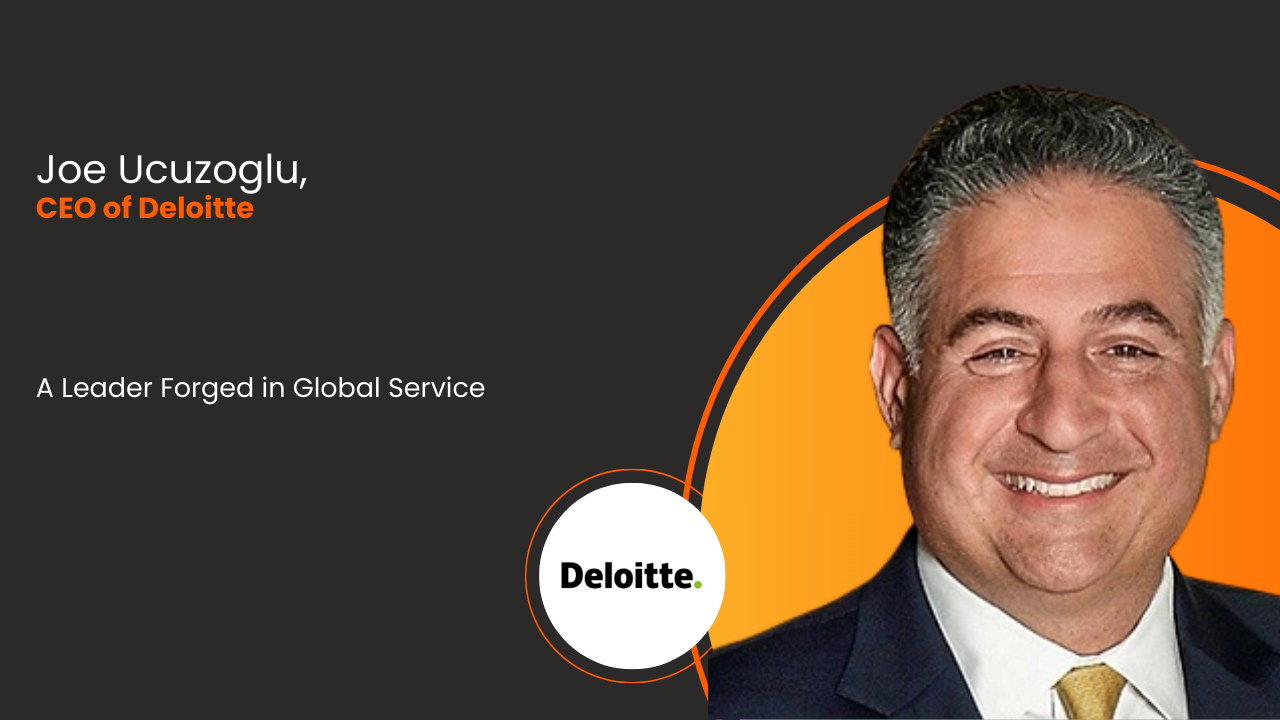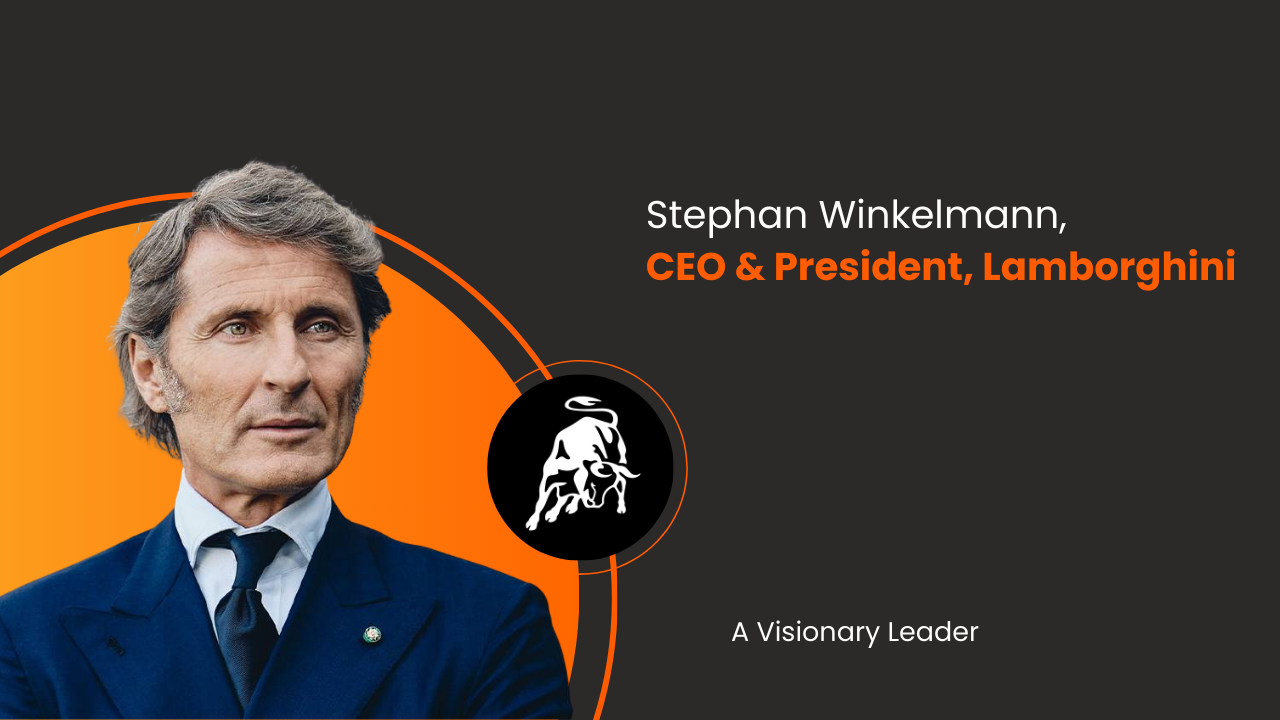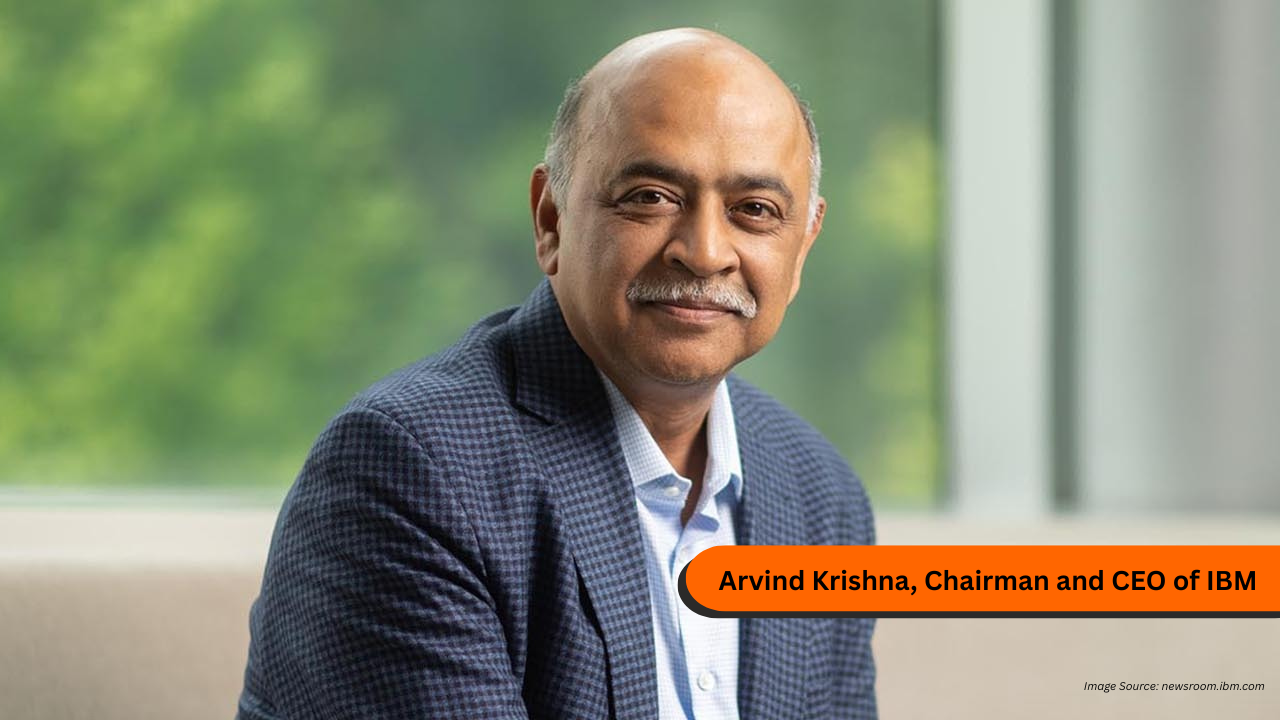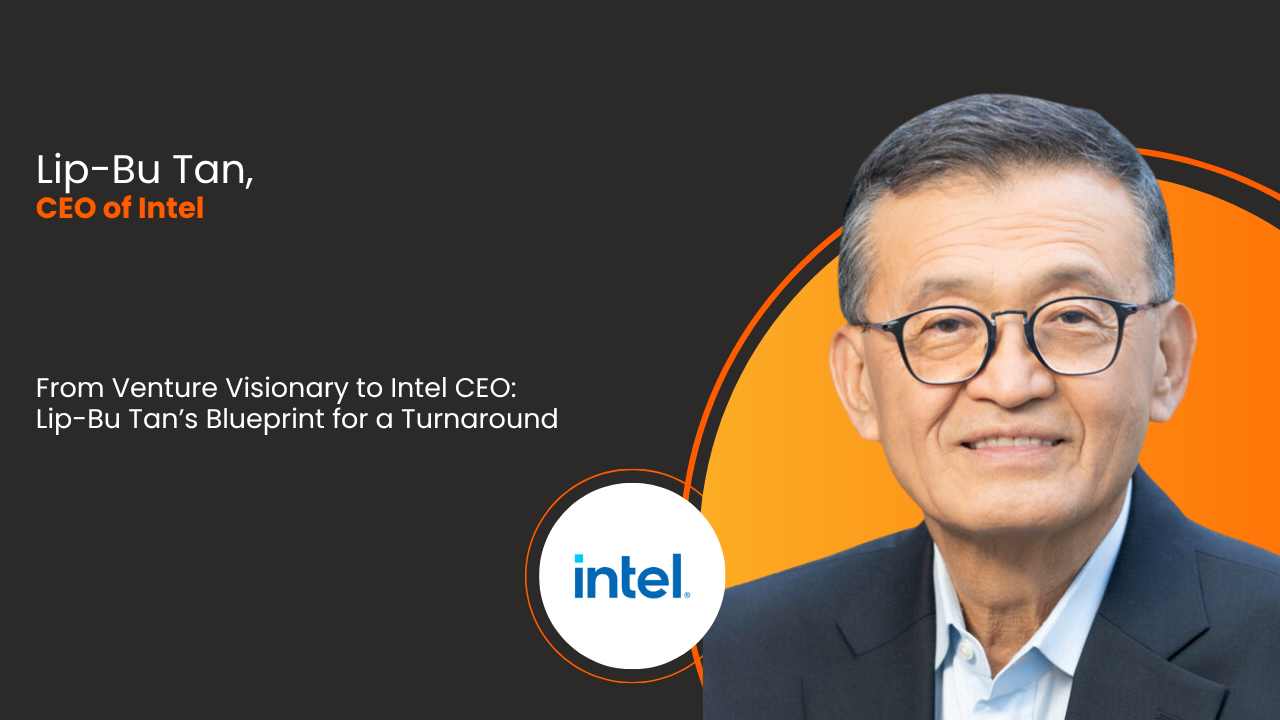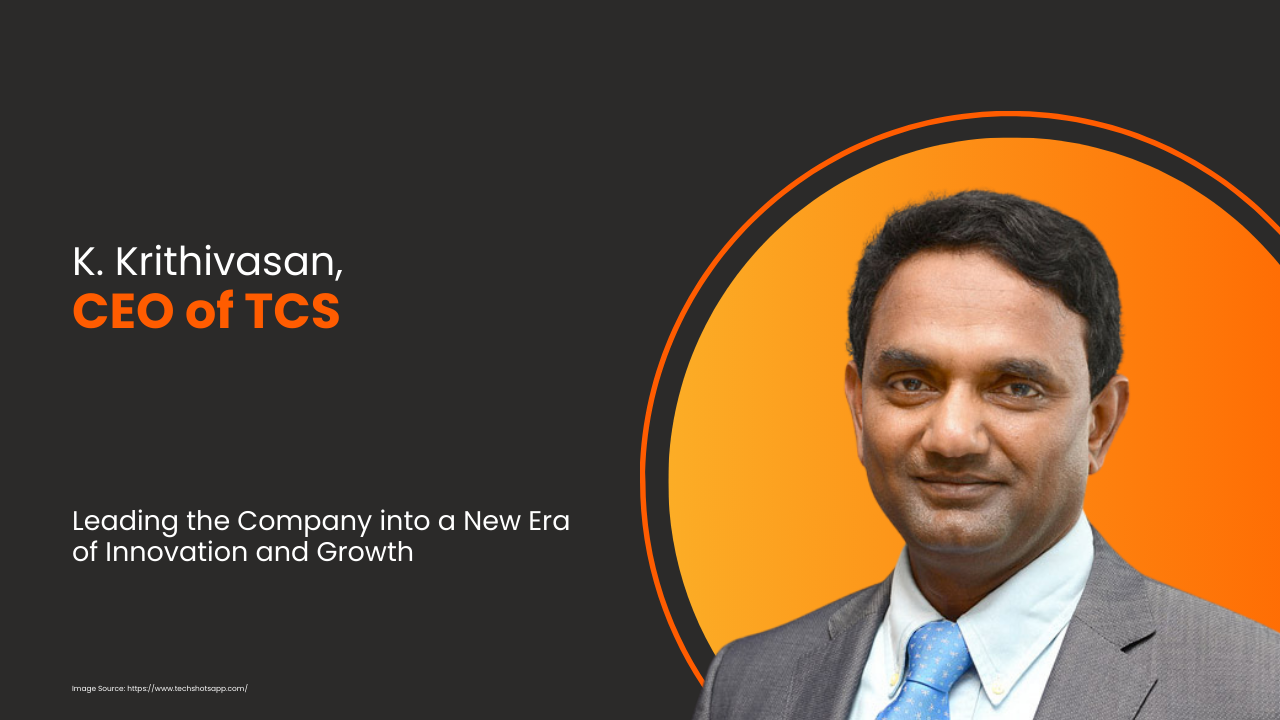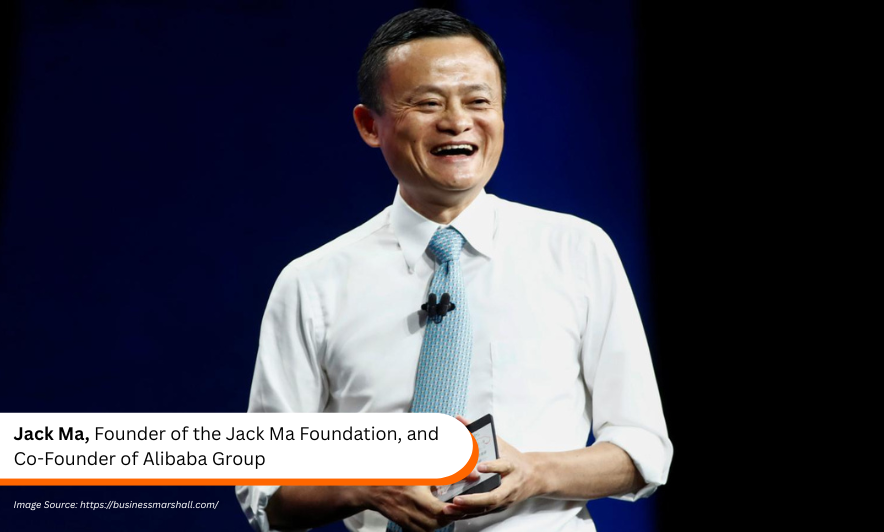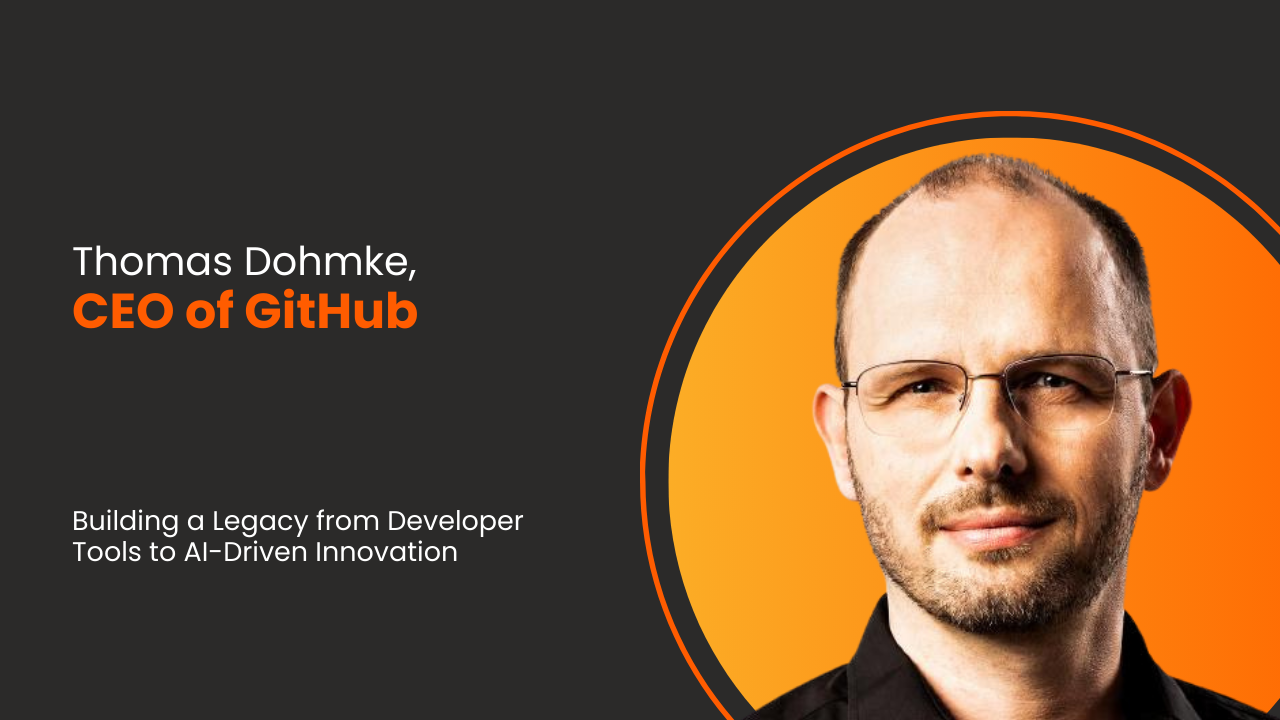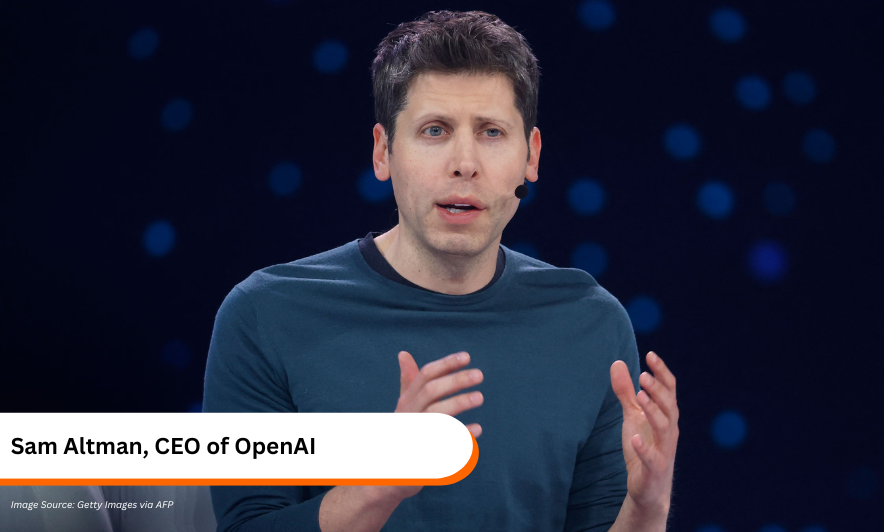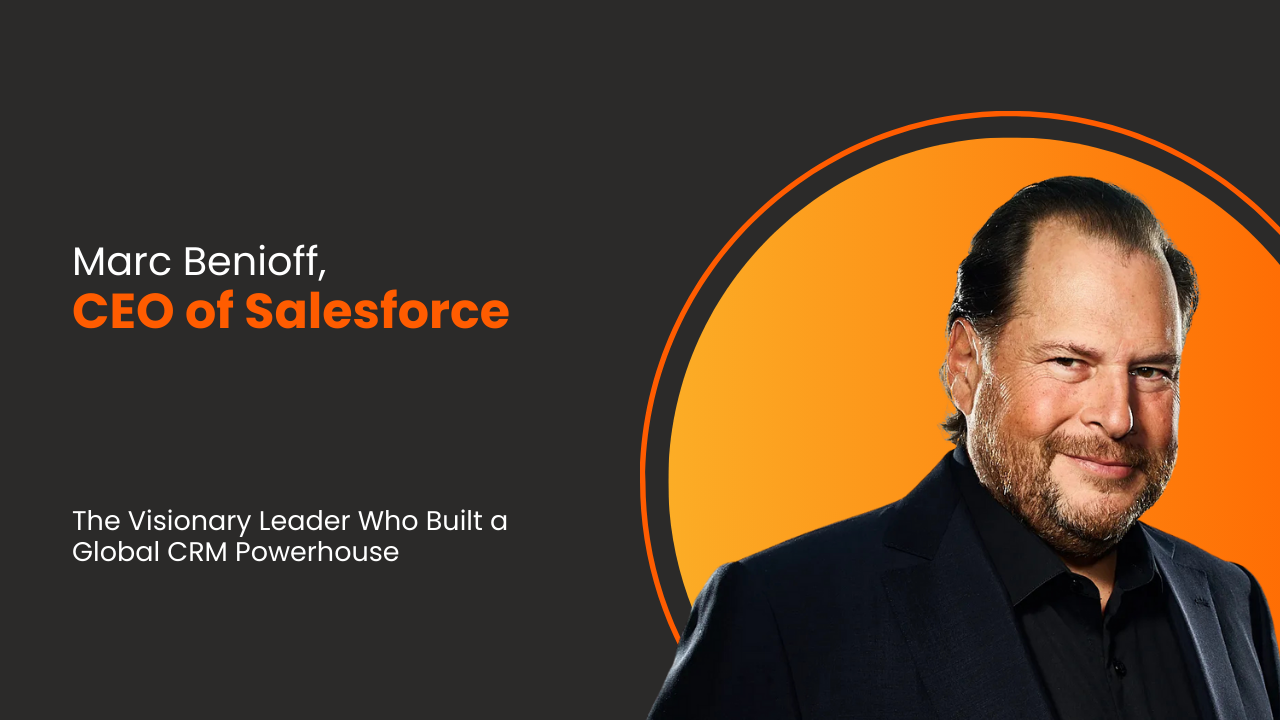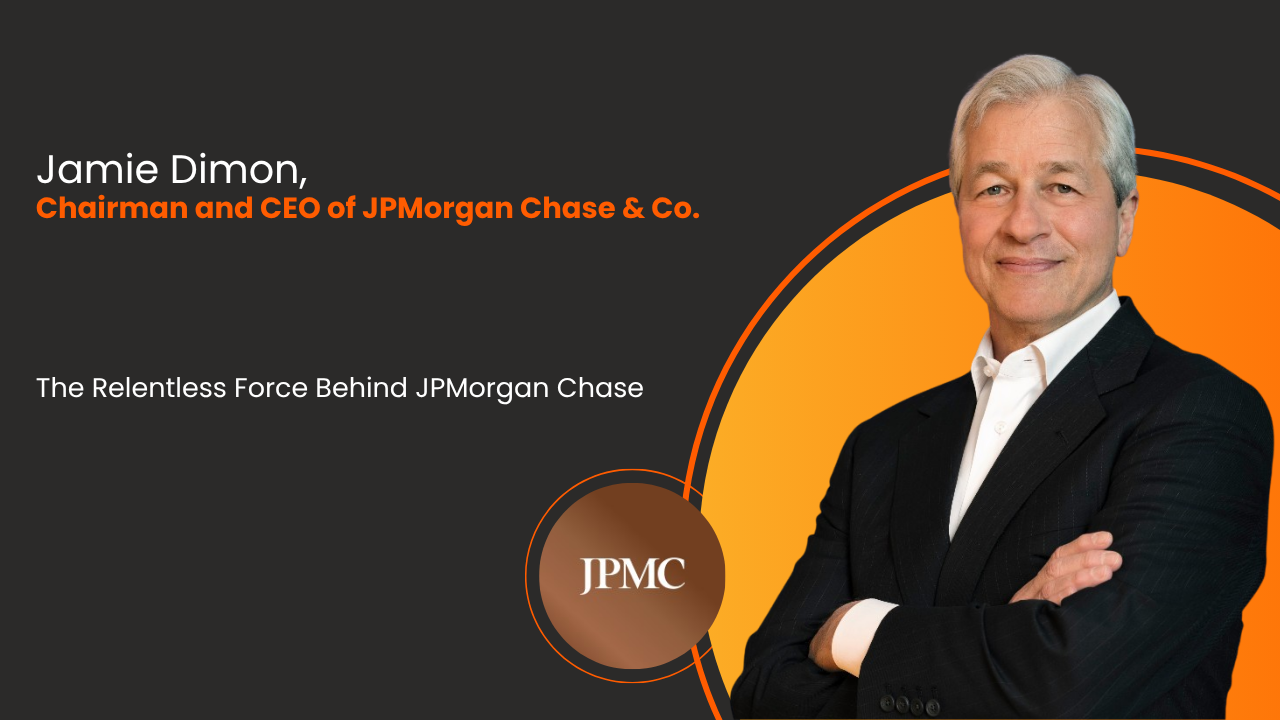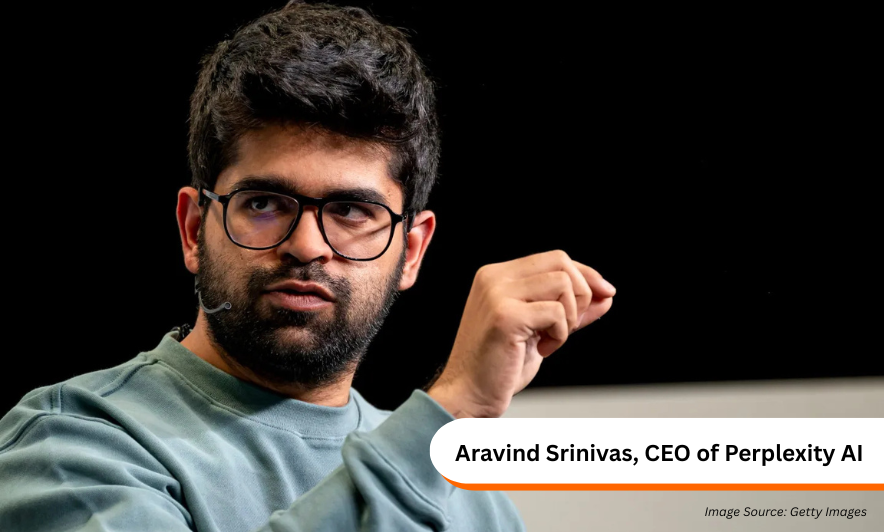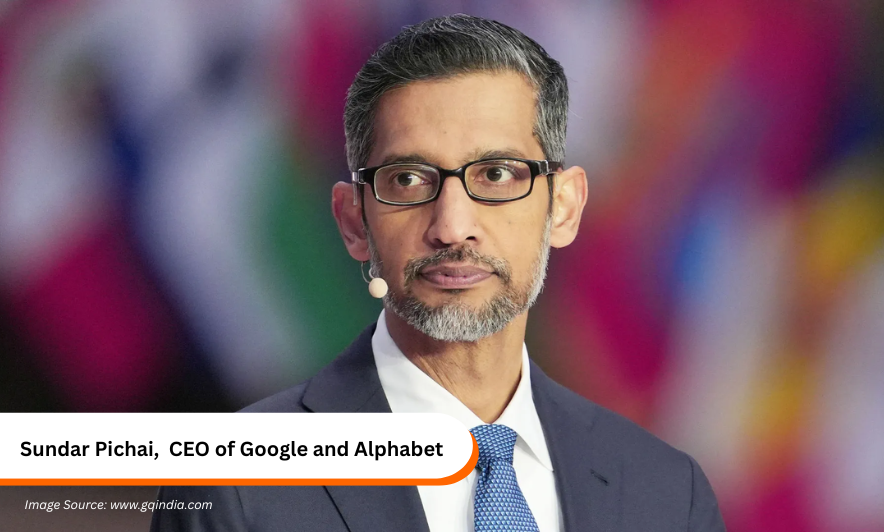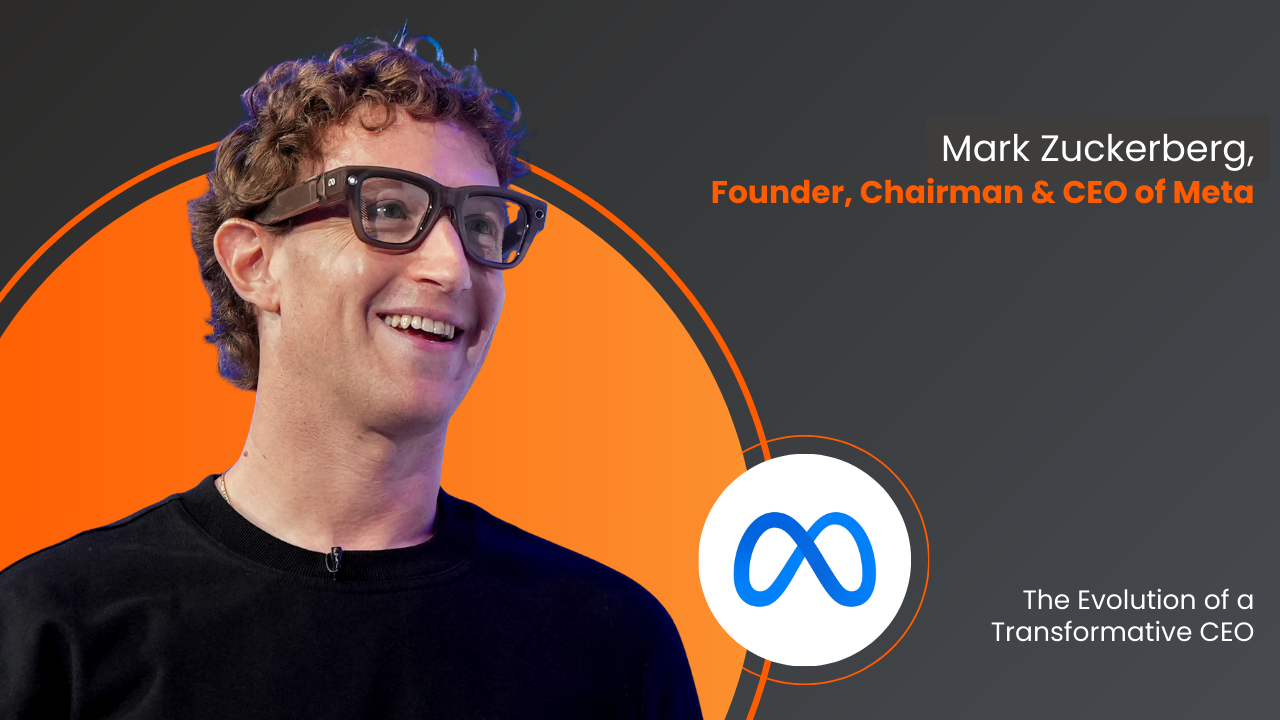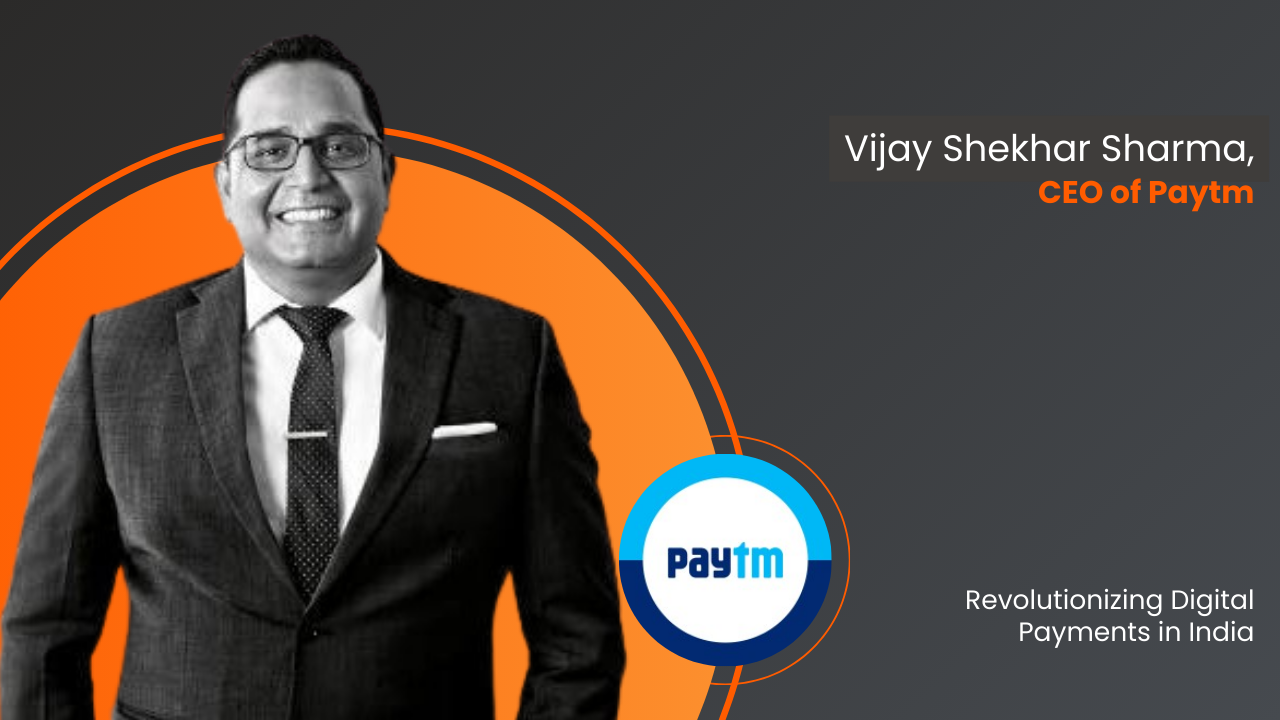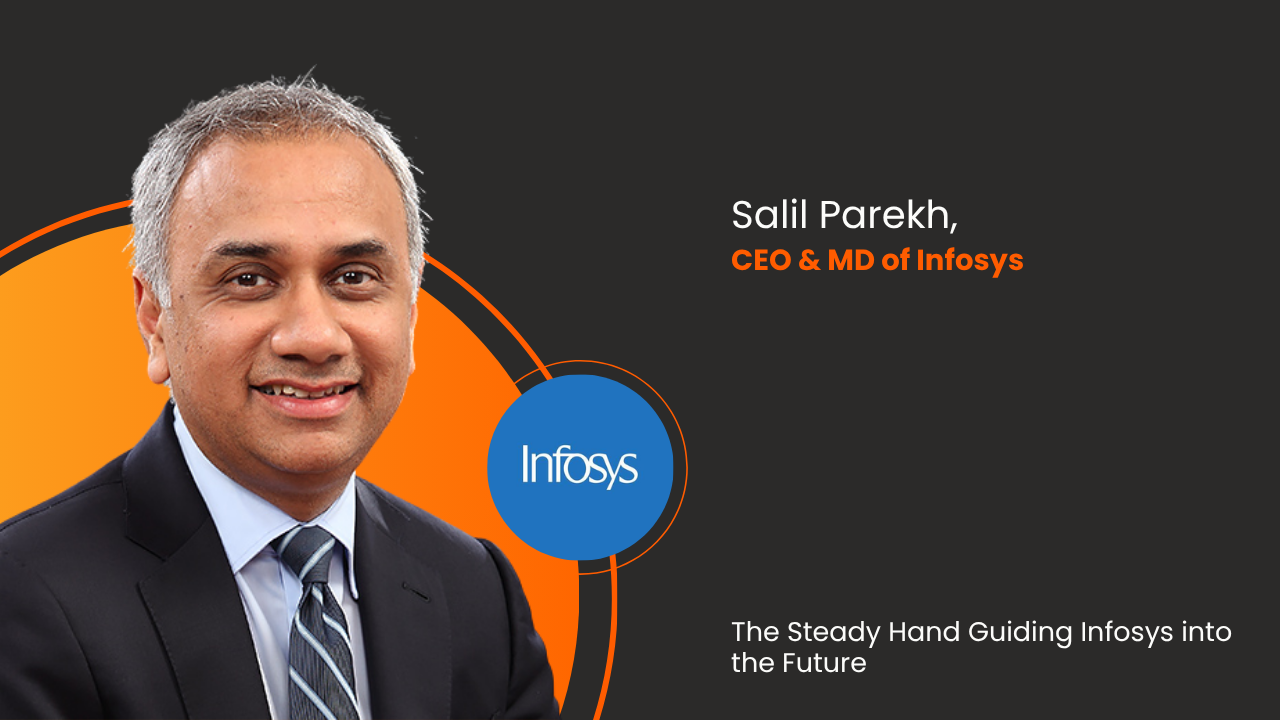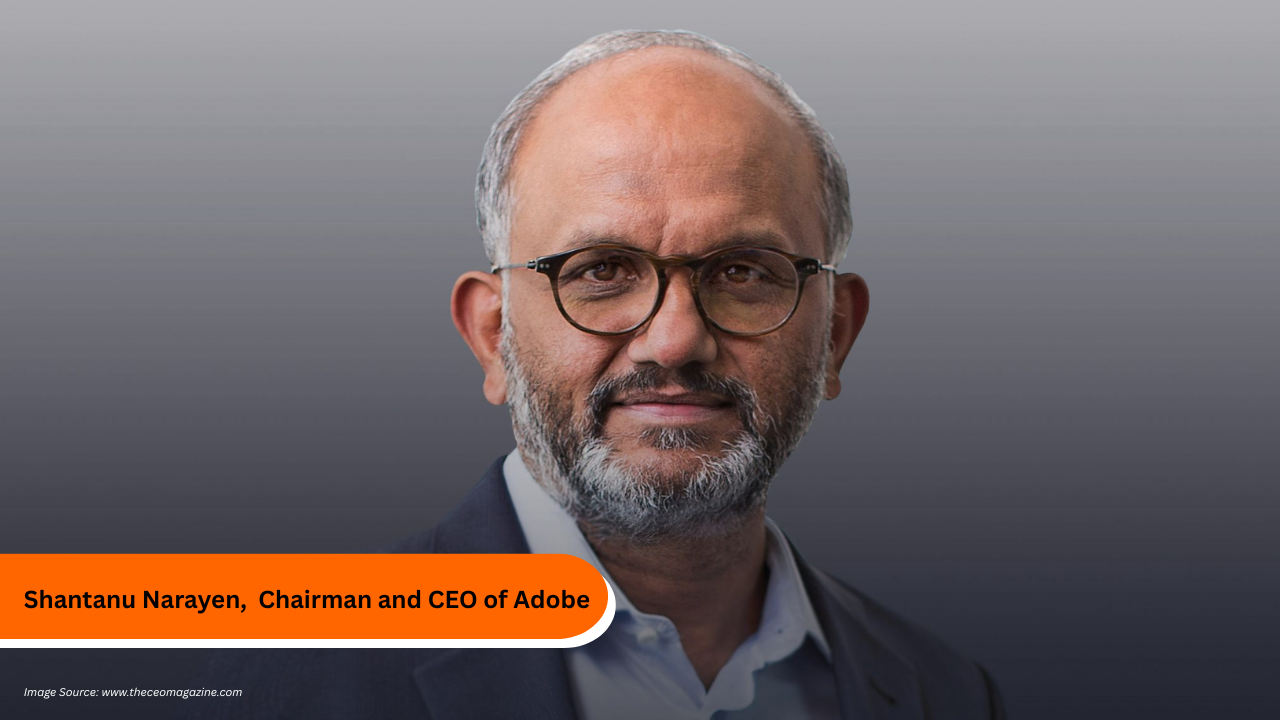Michael Saul Dell, founder and CEO of Dell Technologies, transformed a $1,000 dorm-room startup into a global IT powerhouse. From pioneering direct-to-consumer PC sales to orchestrating one of the largest tech mergers in history with EMC, Dell's journey is a masterclass in innovation, disruption, and reinvention. Today, under his leadership, Dell Technologies leads in cloud, AI, and enterprise infrastructure, powering digital transformation worldwide.
Michael Saul Dell, the founder, chairman, and CEO of Dell Technologies, is one of the most influential figures in modern technology. From humble beginnings in a college dorm room to leading one of the world’s largest IT infrastructure companies, Dell’s journey is a compelling story of vision, disruption, and reinvention.
Early Life and Passion for Technology
Born on February 23, 1965, in Houston, Texas, Michael Dell showed an early fascination with computers and technology. As a teenager, he took apart an Apple II computer just to understand how it worked. This hands-on curiosity laid the foundation for what would become a groundbreaking career.
Dell attended Memorial High School in Houston and later enrolled at the University of Texas at Austin as a pre-med student. However, his entrepreneurial spirit soon took over. In 1984, at just 19 years old, he dropped out of college and founded PC's Limited (later renamed Dell Computer Corporation) with $1,000 from his dorm room.
Revolutionizing the PC Industry
Michael Dell's early business model was revolutionary: he sold customized personal computers directly to consumers, bypassing traditional retail channels. This direct-to-consumer model allowed Dell to deliver better value and tailor machines to individual customer needs, quickly disrupting the market.
In 1992, at the age of 27, Dell became the youngest CEO of a Fortune 500 company. Under his leadership, Dell became the world’s top PC maker in the late 1990s.
Major Milestones and Business Evolution
Michael Dell’s career has been defined by bold moves and transformative decisions:
- 2013: Dell took the company private in a $24 billion leveraged buyout—the largest technology buyout in history at the time. This move gave Dell the flexibility to restructure without the pressures of public markets.
- 2016: He orchestrated the $67 billion acquisition of EMC, creating Dell Technologies and marking one of the largest tech mergers ever. This deal significantly expanded Dell’s footprint in enterprise storage, cloud infrastructure, and data services.
- 2018: Dell Technologies returned to public markets, stronger and more diversified.
Dell Product Evolution: Then and Now
Category | Then (1984–2000) | Now (2001–2024) |
Business Model | Direct-to-consumer PC sales | Hybrid: direct, cloud, enterprise |
Core Products | Custom-built PCs | AI-enabled PCs, cloud infrastructure, edge computing |
Consumer Devices | Turbo PC, Dimension desktops | XPS, Inspiron, Alienware, Latitude laptops |
Enterprise Focus | Basic servers | PowerEdge, APEX, AI/ML servers, cyber-resilience |
Storage & Data | Basic HDD support | Dell EMC: large-scale enterprise data solutions |
Innovation Edge | Affordable customization | High-performance computing, AI-ready systems |
Key Milestone | #1 PC maker globally (late ’90s) | EMC acquisition, transition to IT powerhouse |
Product Timeline
- 1985: Turbo PC – Dell’s first personal computer, sold directly to consumers.
- 1994: Latitude – Portable laptops aimed at business users.
- 1996: PowerEdge Servers – Enterprise-grade server solutions.
- 2006: Alienware Acquisition – High-performance gaming systems.
- 2007: XPS Series – Premium consumer and creative professional laptops.
- 2016: Dell EMC – Enterprise storage systems after EMC merger.
- 2020–Present: Edge & AI Solutions – Advanced AI and edge computing infrastructure.
- 2021: Dell APEX – As-a-service offerings for cloud, data, and infrastructure.
Legacy and Impact
Michael Dell's impact goes far beyond the personal computer. He navigated the post-dotcom crisis, restructured his company during shifting tech landscapes, and led its transformation from a hardware vendor into a full-stack technology solutions provider.
Today, Dell Technologies is a global leader in IT infrastructure, offering a broad suite of solutions in computing, storage, networking, cloud services, AI, cybersecurity, and edge computing. Governments, enterprises, and consumers across the globe rely on its technologies to power their digital transformation.
Michael Dell's journey from a college dropout with a $1,000 startup to the helm of a global tech titan is nothing short of remarkable. With a relentless focus on innovation, customer value, and long-term vision, he continues to shape the future of technology—one disruptive move at a time.

